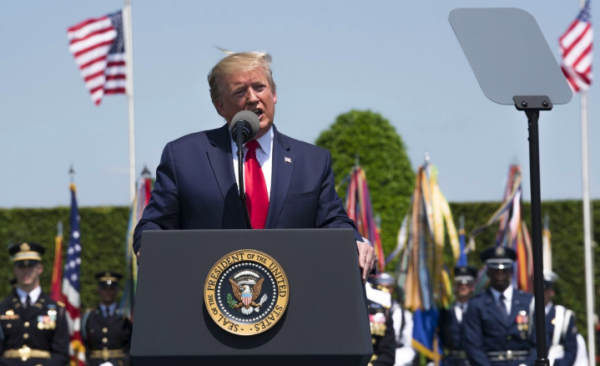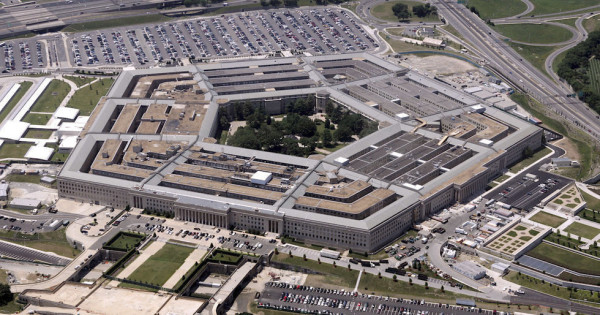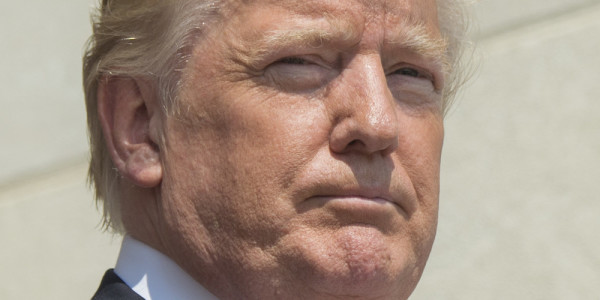WASHINGTON (Reuters) – U.S. lawmakers on Wednesday criticized the Pentagon’s decision to shift nearly $4 billion from the defense budget to pay for a wall on the border with Mexico, saying that it circumvented Congress’ authority and could affect the military’s ability to reprogram funds in the future.
Earlier this month the Pentagon said it would be shifting $3.8 billion from the military budget to pay for the wall, a central promise of President Donald Trump’s campaign for the White House four years ago and bid this year for a second term.
The decision was met with bipartisan concern from lawmakers during a congressional hearing on the budget with Defense Secretary Mark Esper and Chairman of the Joint Chiefs of Staff General Mark Milley.
“You are heading for a major brawl with this committee,” Representative John Garamendi, a Democrat, said during the hearing.
The Trump administration has vowed to build at least 400 miles (640 km) of wall along the border by November 2020, when Americans will vote for president. In his 2016 campaign, Trump said Mexico would pay for the wall. The Mexican government has consistently refused to do so.
“I support walls but I am deeply concerned about where we’re headed with the constitutional issue, about Congress’s role in national defense and whether that is being overridden,” Representative Mac Thornberry, the top Republican on the House Armed Services Committee, said during the hearing.
Congressman Adam Smith, chairman of the committee, said the decision was “very, very damaging” and undercut the Pentagon’s argument that it needed resources.
Last year lawmakers expressed similar concern about the Pentagon shifting money but have done little to actually stop it.
Trump’s hard-line immigration policies, particularly for immigrants who come across the southern border with Mexico, have been a signature of his political campaign and first term in the White House.
In a letter dated Tuesday, Smith and Thornberry said that they denied the Pentagon’s request to shift money, underscoring the concern about using the defense budget to pay for the wall.
“The steps taken in this reprogramming put the Department at risk to lose the flexibility Congress has historically granted to effectively manage the resources provided,” the letter added.
























